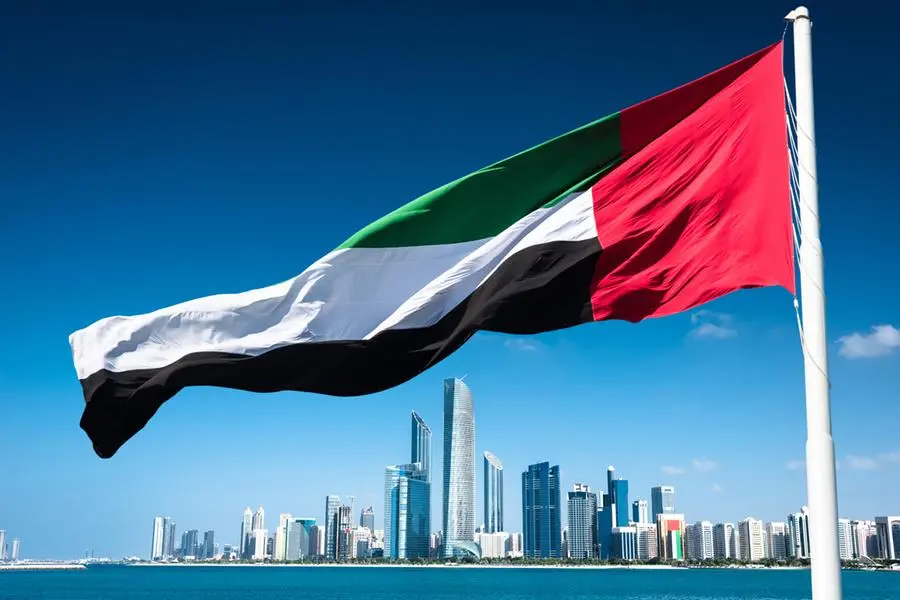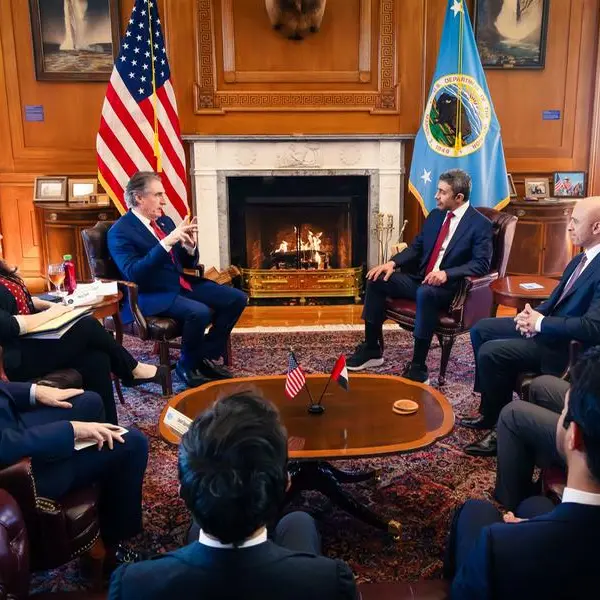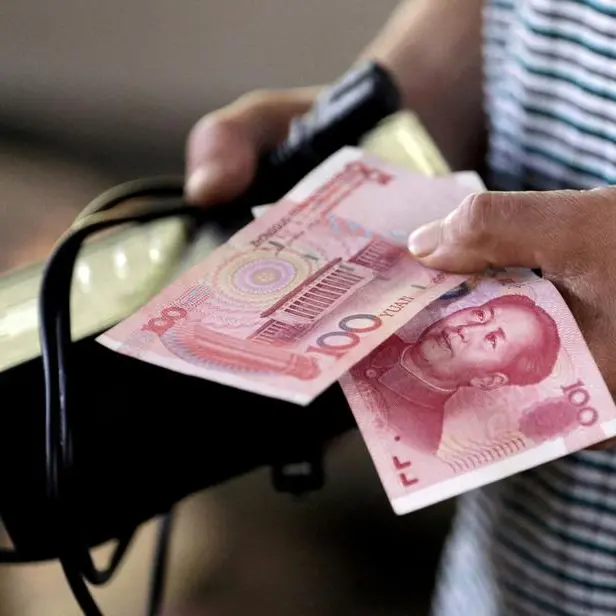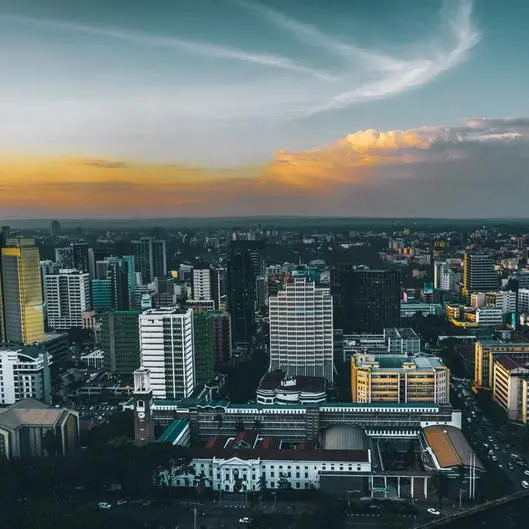PHOTO
ABU DHABI, 25th April, 2024 (WAM) -- Financial inclusion is vital for comprehensive economic growth and for expanding the reach of financial services to every social segment, thereby strengthening the monetary foundation.
On this Arab Day for Financial Inclusion, the focus is on promoting savings to further financial inclusivity. Research indicates that economies and communities adept at saving demonstrate greater resilience to economic fluctuations and maintain more reliable growth trajectories.
The development of tailored savings instruments aligns with individual needs and guarantees that financial services are accessible to all, tapping into the immense potential benefits for everyone. Emphasising savings also plays a key role in enabling women and micro, small, and medium-sized businesses to enhance their investment capabilities. This, in turn, boosts consumption, productivity, and income, fostering positive effects on spending, fairer income distribution, and overall social prosperity.
Younis Haji Al Khoori, Under-Secretary of the Ministry of Finance (MoF), said, “The UAE’s commitment to financial inclusion is evident by its efforts to provide individuals and businesses with access to beneficial financial products and services, in line with its vision for a cashless society. While the UAE has made notable strides in this area, the ongoing focus on financial inclusion is tied to enhancing financial literacy and fostering better money management practices.”
He highlighted the critical role of digital infrastructure in advancing financial inclusion, emphasising the significance of both access to and utilisation of digital financial services. He also noted the increasing contribution of digital innovation to payment and transfer systems and stressed the need to formulate policies that bolster the digital infrastructure’s capacity to fulfil financial inclusion goals.
Al Khoori also underscored the need to prioritise the development of digital financial services and products that support the financing needs of micro, small, and medium-sized enterprises. Furthermore, he pointed to the importance of establishing novel data coordination mechanisms for these enterprises’ financing and adopting leading global digital transfer practices to minimise the costs associated with cash transactions.
Modern Technologies
The UAE is committed to advancing the adoption of cutting-edge financial technologies, accelerating digital transformation, and integrating digital solutions to promote financial inclusivity and improve access to savings accounts. Significant emphasis is placed on the collaborative development of savings instruments with key financial sector players, including commercial banks, financial institutions, electronic payment systems, and the insurance sector.
The country is dedicated to streamlining payment systems and reducing the costs associated with financial transfers. To this end, the ministry collaborates with the Central Bank of the UAE to monitor and enhance the efficacy of digital transfers and lower transaction costs.
Moreover, the ministry actively raises awareness of financial inclusion objectives among local stakeholders, such as the Central Bank and the Gender Balance Council, highlighting digital inclusion, the growth of SMEs, and financial literacy. It also proactively endorses the UAE’s financial inclusion strategies and actions within the framework of the G20.
International Efforts
Since its first participation in the Global Partnership for Financial Inclusion (GPFI) in 2020, the UAE has actively engaged with the group and became a member in 2021, making headway in embracing the G20’s High-Level Principles for Digital Financial Inclusion.
Under the Kingdom of Saudi Arabia’s G20 presidency, the UAE Ministry of Finance has spearheaded the country’s involvement with the GPFI. The UAE was appointed as a non-G20 member from 2021 to 2023, with its term extended from 2024 to 2026. Through this role, the ministry has significantly influenced the financial inclusion strategies within the GPFI.
In 2023, the UAE inaugurated a programme for transforming its financial infrastructure. It seeks to capitalise on digital transformation to boost financial inclusion, enhance cross-border cooperation through partnerships aimed at improving financial transfer pathways, and engage in global initiatives like the Gulf Cooperation Council’s Real Time Gross Settlement system (GCC-RTGS) and the Arab Regional Payments System (BUNA).
Focused on nurturing micro, small, and medium enterprises (MSMEs), the ministry has offered numerous insights and proposals. These are centred on fostering an inclusive system for MSMEs, encouraging effective policy exchanges, scalable innovations, and the development of funds and incentive schemes to streamline and economise financing solutions.
Achievements
The ministry has marked significant achievements in promoting financial inclusion, notably securing invitations for two consecutive three-year periods (2021-2023 and 2024-2026) to serve as a non-G20 member in the Global Partnership for Financial Inclusion (GPFI) within the G20 framework.
In 2023, the UAE introduced 23 case studies highlighting pioneering digital and innovative financial products and services for SMEs, surpassing traditional credit offerings in the country. This initiative earned accolades from the Small and Medium Enterprises Financing Forum for contributing the highest number of SME financing case studies to the GPFI.
Furthermore, the ministry has been recognised globally for its presentation of best practices within the private sector and its successful projects in the UAE’s free zone regulatory frameworks. It has also received acclaim for leading financial regulatory projects, such as those undertaken by the Abu Dhabi Global Market.





















